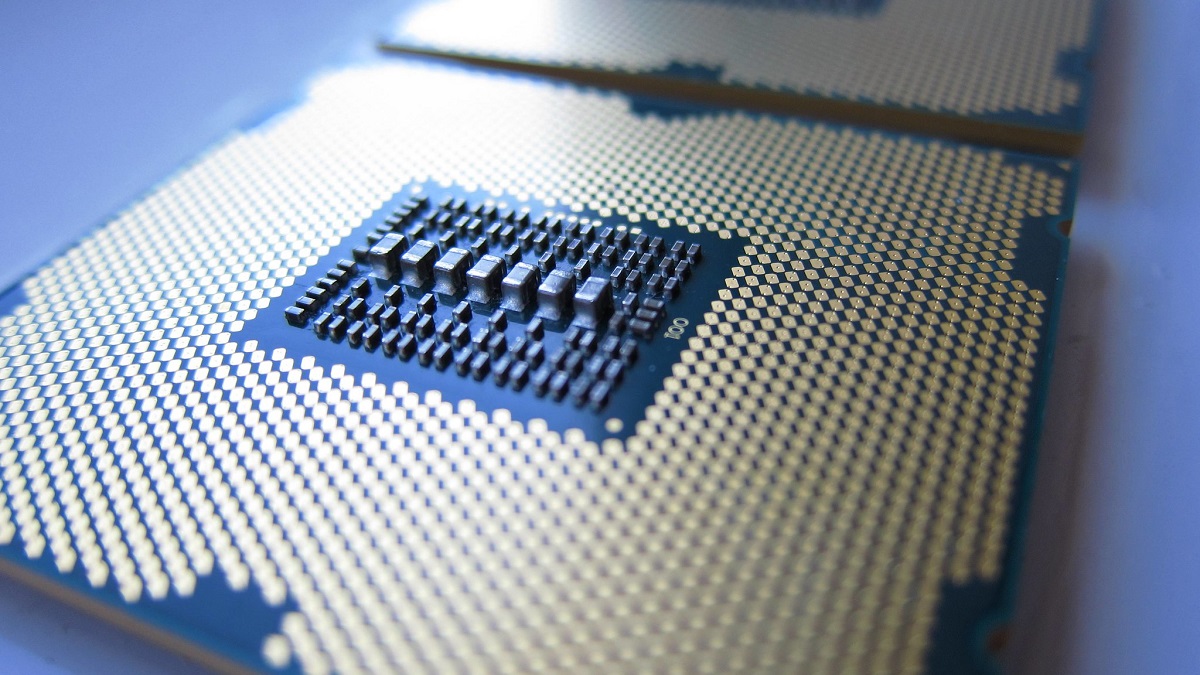
Windows 11 could be Microsoft’s answer to the increasing threat of cybercriminals and sophisticated cyber-attacks. And the heightened security could be one of the reasons why several capable Intel and AMD CPUs became incompatible.
TPM 2.0, Secure Boot, and other “Minimum System Requirements” will render Windows 11 unusable on several powerful, multi-core, and multi-thread processors from Intel and AMD. It seems that the toll, security takes on performance, was the deciding factor.
Windows 11 will not work on 7th-gen Intel Core Series CPUs and AMD Ryzen 1000 processors:
Microsoft Windows 11 is not a resource-hungry operating system. Simply put, it can work reliably on multiple low-end hardware configurations.
However, Microsoft made a rather shocking announcement last week. Windows 11 would not support 7th-gen and older Intel CPUs. Even the first-generation or ZEN 1-based AMD Ryzen 1000 CPUs (and older), will not officially support the OS.
Microsoft really dropped the ball on communicating its TPM changes for Windows 11. The reality is that Windows 11 will install on TPM 1.2 and above, and that most modern CPUs already have support for TPM 2.0 so you don't need a separate module https://t.co/lm8oYmnYMG
— Tom Warren (@tomwarren) June 25, 2021
It was not immediately clear why Microsoft would leave out such capable processors. It seemed like “mandatory” TPM 2.0, Secure Boot, and UEFI BIOS could be reasons. But, several 7th-gen Intel Core Series CPUs, and AMD Ryzen 1000 processors, support TPM.
Simply put, processors made about three years ago, technically qualify for reliably and smoothly running Windows 11. However, Microsoft indicated that CPUs made in the last two years would reliably work with the latest version of Windows.
Windows 11 is a relatively lightweight operating system but security is paramount, claims Microsoft:
Windows 11 may run well on all types and categories of hardware. In fact, some OS enthusiasts installed it on smartphones such as the OnePlus 6T and Xiaomi Mi 8. The developers obviously installed the ARM version of the desktop OS.
David Weston, Director of Enterprise and OS Security in Azure Edge and Platform has hinted that it was the security aspects baked into the OS which forced Microsoft to limit the compatibility. The hardware virtualization features called Virtualization-Based Security (VBS) and Hypervisor-Protected Code Integrity (HVCI, are some of the key factors in Windows 11.
Microsoft's refining the min system requirements for Windows 11 – now says *some* 7th gen and Zen 1 CPUs may be supported…6th gen, will not.
So 7th gen users like me (with 7700k and 7900x) may get lucky… pic.twitter.com/n0NR984AD9
— Brad Sams (@bdsams) June 28, 2021
“Virtualization Based Security is on by default. Obviously, the TPM is there, so that’s going to give us the ability to do BitLocker in Windows Hello in more default scenarios. Those are going to allow commercial enterprises to do zero trust and take advantage of things like System Guard.”
“There’s a lot of out-of-the-box security value. I want people to flip their laptop open and feel they are much better protected, and we know that they will be, based on looking at threat intelligence versus the default we changed.”
Which CPUs can run Windows 11? Here's the list
Microsoft's drawn a line in the sand, but it remains to be seen just how restrictive that line is#techradio
https://t.co/z1Wn6ya0RX pic.twitter.com/hLdW5CDoV5
— Marsha Collier (@MarshaCollier) July 3, 2021
Weston elaborated about the need for heightened security at the very core of an operating system. These aspects inevitably hinge on CPUs. “If you look at the major attacks out there, whether that’s ransomware or phishing, we’ve struck directly at mitigating those, or at least making them much, much better protected on Windows 11.”
Simply put, one of the key reasons why Windows 11 does not support the earlier iterations of still-capable CPUs, such as Intel’s 4th-gen, 5th-gen and 6th-gen processors, and AMD’s Ryzen 1000 (and older) chips, could be the huge negative impact on performance. Some reports indicate turning on Secured Core features can negatively impact performance by as much as 30 percent.


